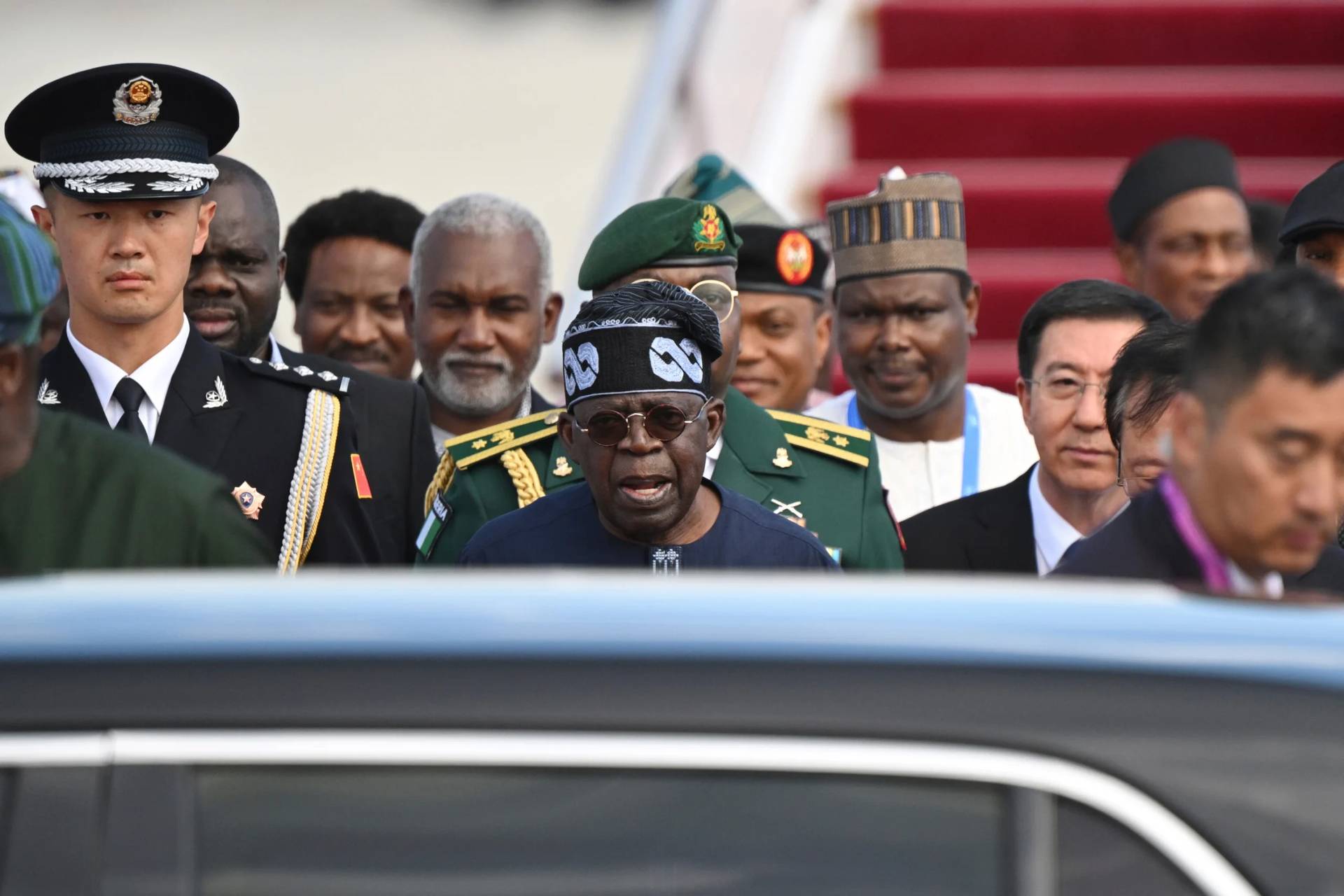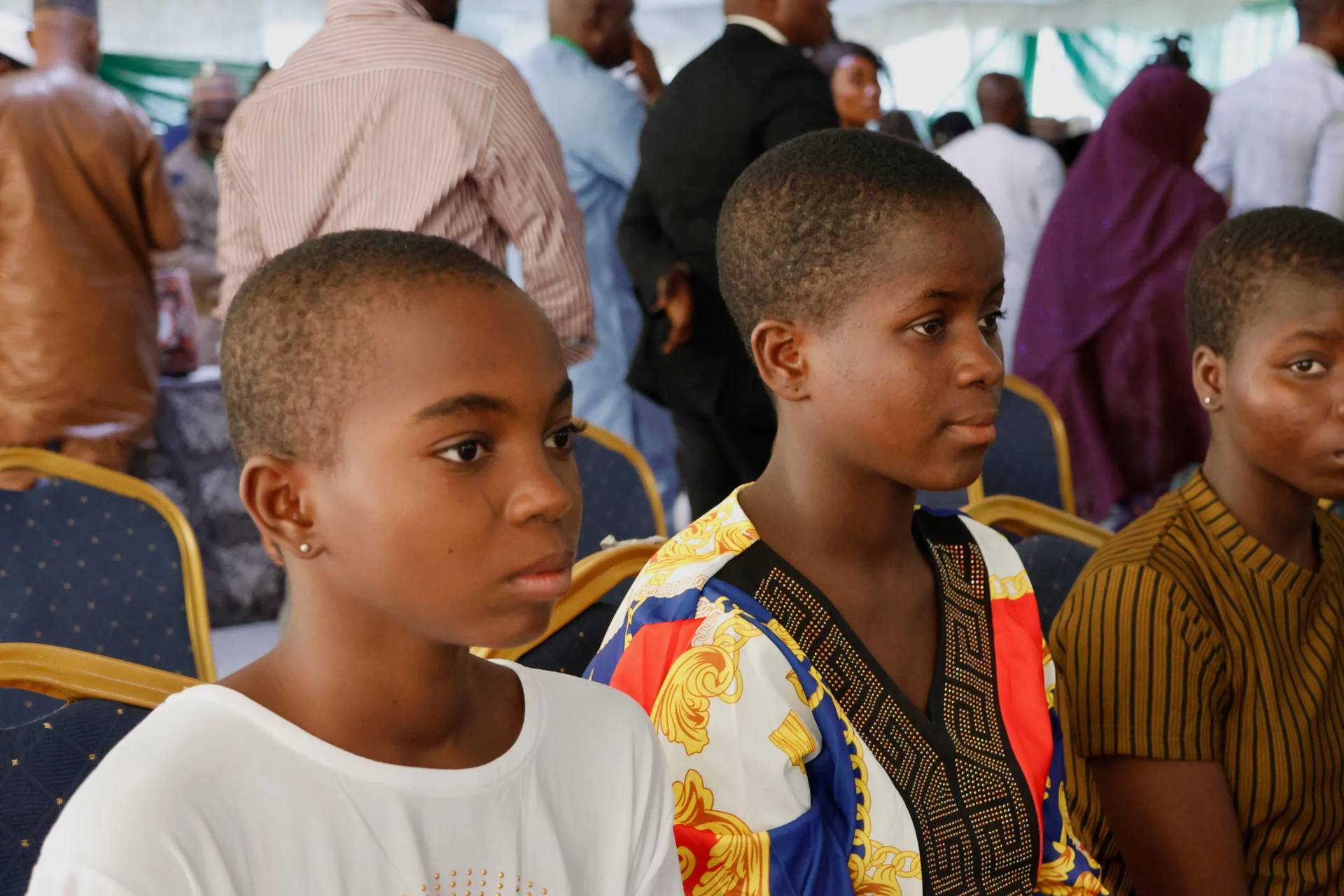YAOUNDÉ, Cameroon – One of Nigeria’s leading bishops says the xenophobic attacks against Nigerians and other foreign nationals in South Africa is “sad, and it is hard to know how Africa got to this stage.”
Bands of South Africans launched violent attacks last week against foreign-owned shops and stalls. More than 12 people were killed, and police say more than 700 people have been arrested.
Nigerians were among those targeted. The attacks led to retaliation efforts in Nigeria as well, sending Nigerians to attack South African-owned businesses in cities like Lagos.
Nigerians, Ethiopians, Congolese and Zimbabweans have been attacked in South Africa, according to local media.
The South African government puts the number of foreign-born residents in the country at around 2.2 million people, mostly from other African countries. They are often subject to abuse and accusations that they are stealing jobs from South Africans. The unemployment rate in the country is 29 percent.
Around 600 Nigerians are being flown back home to avoid the current outbreak of violence.
Bishop Matthew Kukah of the Nigerian Diocese of Sokoto told Crux the South African government should have done a better job, adding “someone took their eyes off the ball.”
Speaking on Thursday from Ouagadougou, where he is attending the Council of Ministers meeting for the regional body ECOWAS, Kukah said he was disappointed in new president Cyril Ramaphosa, who took over from scandal-plagued Jacob Zuma in February 2018.
“I have been a keen follower of the politics of South Africa since the ’70s, and I can say I know the story fairly well, having written about that country in the ’70s and ’80s and followed the Mandela legacy,” the bishop said.
“Sadly, the contradictions of the African leadership conundrum have come home to roost. It is not the people, it is the leaders who have taken their eyes away from the ball of national development, focused on protecting their privileges, left the front doors open and created the sad conditions around which this drama of death is being played,” Kukah added.
The bishop said he believes the anger in both South Africa and Nigeria are a reaction to the failures of their political leaders.
“Both the poor in South Africa and Nigeria are responding to the same reflexes of alienation. It is a fight of the dogs eating themselves while the master sits at the table. It is a sad day for Africa,” he told Crux.
Meanwhile, the bishops of South Africa have complained about the government’s lack of response to the attacks, especially in their refusal to acknowledge the root cause of the violence.
RELATED: South African archbishop compares nation’s xenophobia to Nazi Germany
“Once again, the authorities resort to the old explanation: That this is not xenophobia, but the work of criminal elements,” said Archbishop Buti Tlhagale of Johannesburg, who heads the Southern African Catholic Bishops’ Conference migrants and refugees office.
“Let us be absolutely clear – this is not an attempt by concerned South Africans to rid our cities of drug dealers. And this is not the work of a few criminal elements. It is xenophobia, plain and simple,” he said.
“We are facing a rising tide of hatred and intolerance, no different to the rising tide of hatred in Nazi Germany,” he added. “If we do not take urgent action to stop it, there will be nothing left.”
Zambian bishops also complained about the “rising tide of hatred and intolerance” that is engulfing South Africa.
“Xenophobia and its resultant chaos are not just criminal but cruel, barbaric and abominable,” they said in a Sept. 7 statement.
Nigerian president Mahummadu Buhari is scheduled to visit South Africa on a state visit in October, and the attacks against Nigerian nationals and businesses in South Africa are expected to be on the agenda.
Kukah said African leaders need to do more to help their people realize their hopes of a better future.
“Our dreams have turned into nightmares,” the bishop told Crux.
Crux is dedicated to smart, wired and independent reporting on the Vatican and worldwide Catholic Church. That kind of reporting doesn’t come cheap, and we need your support. You can help Crux by giving a small amount monthly, or with a onetime gift. Please remember, Crux is a for-profit organization, so contributions are not tax-deductible.















